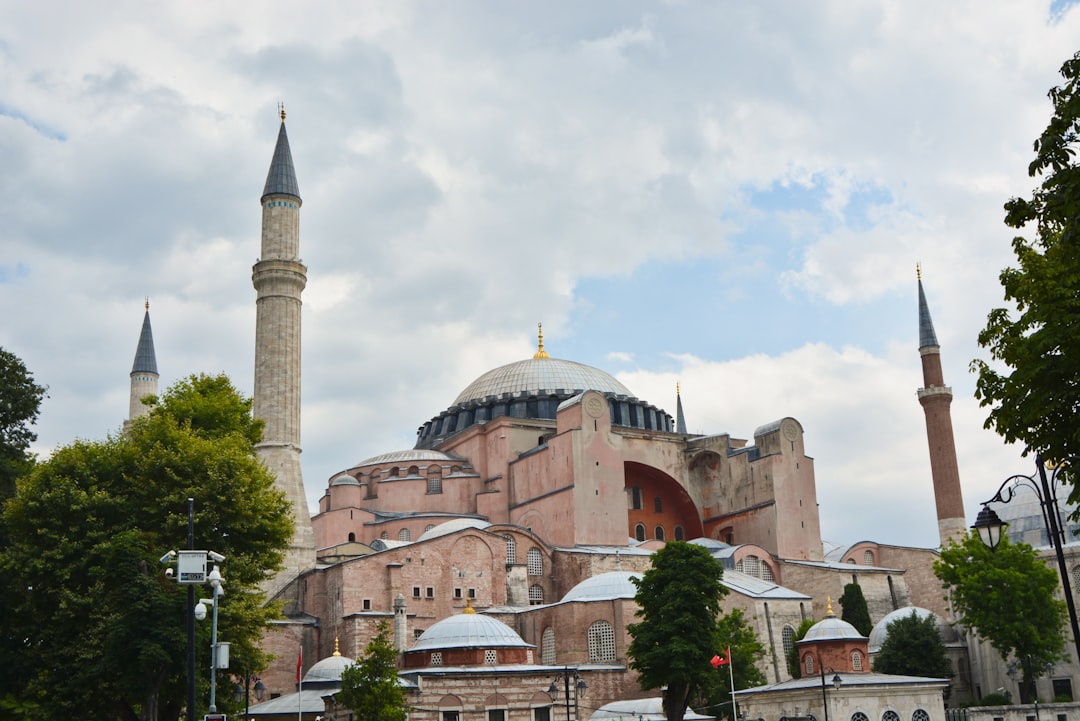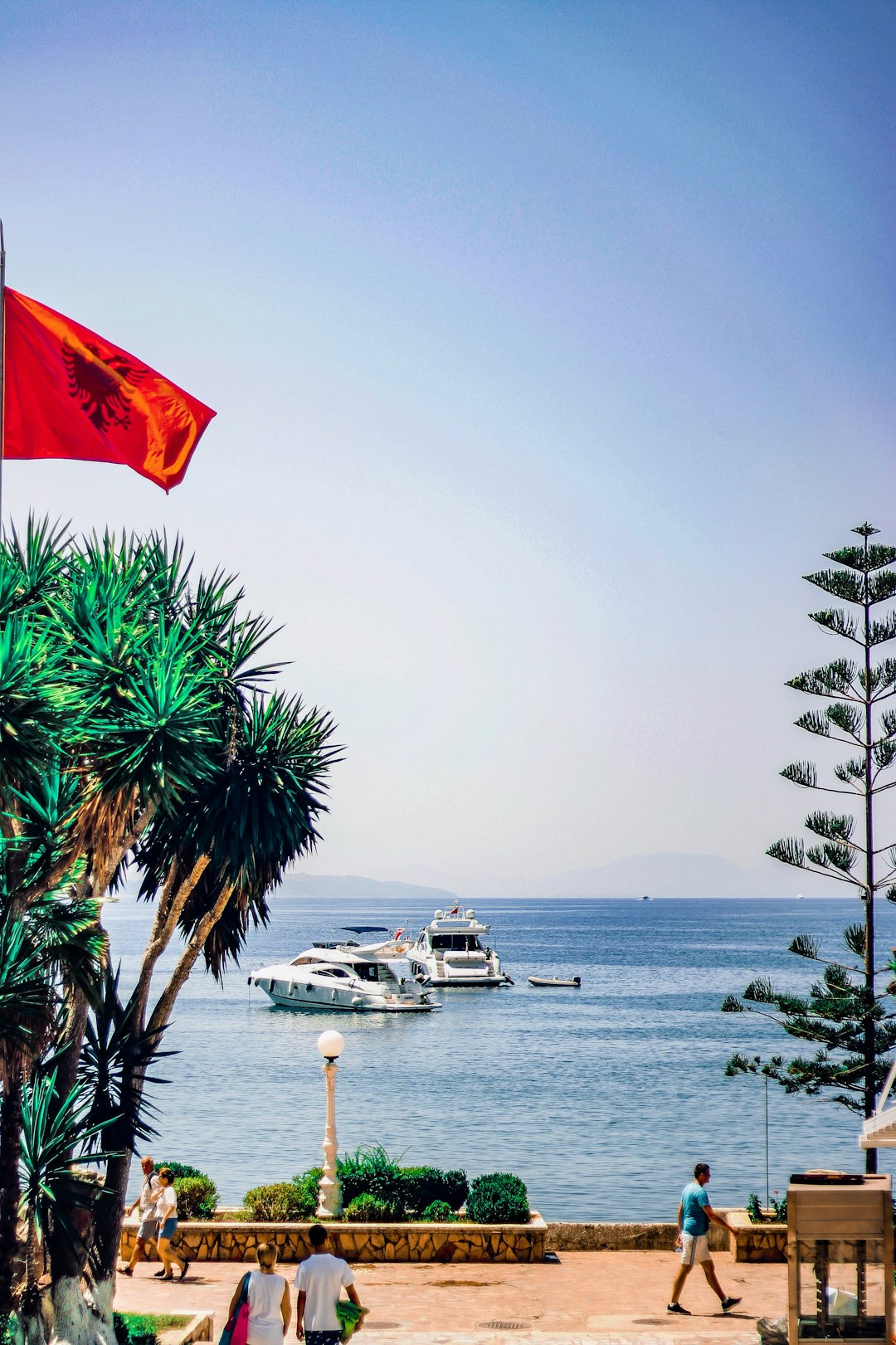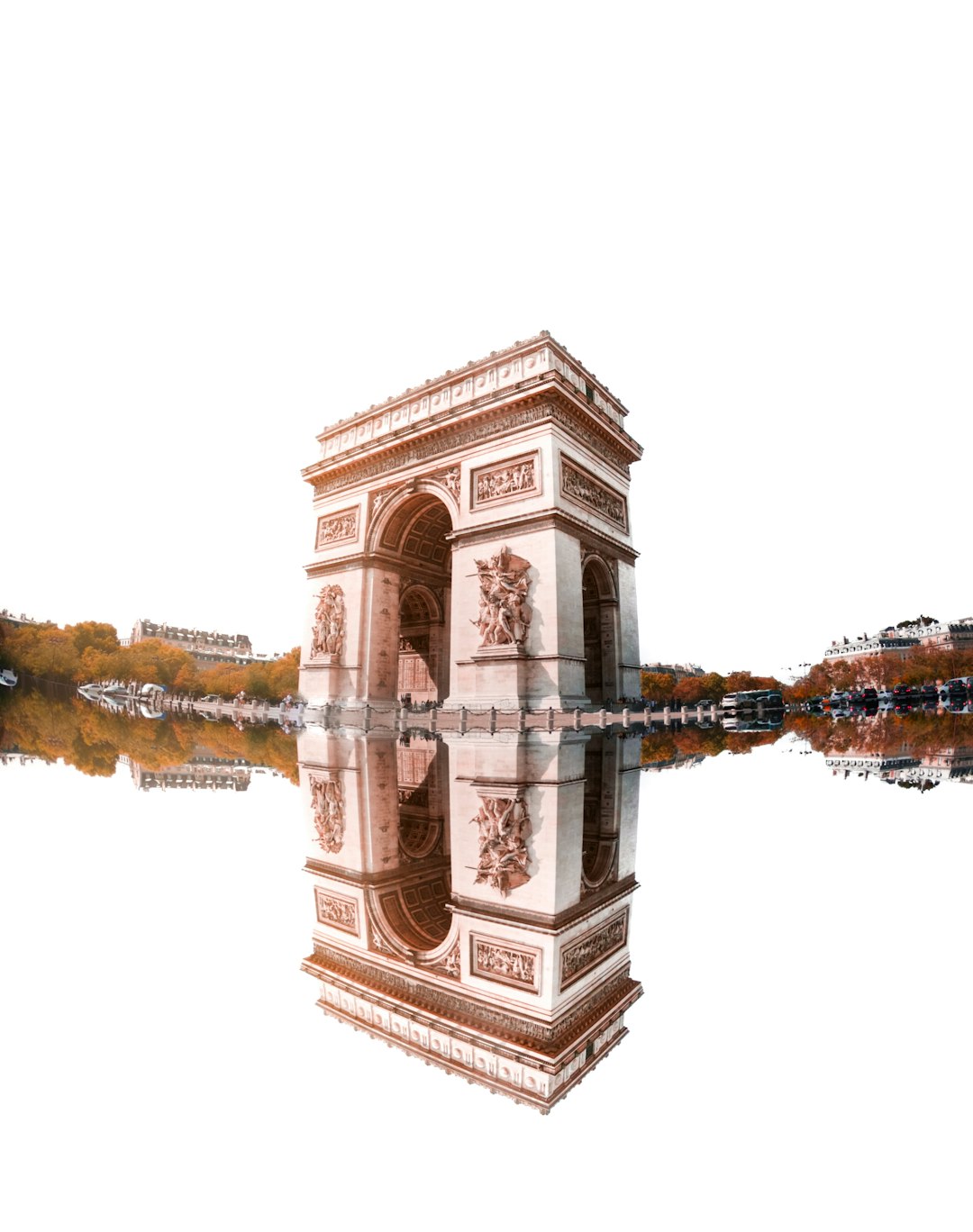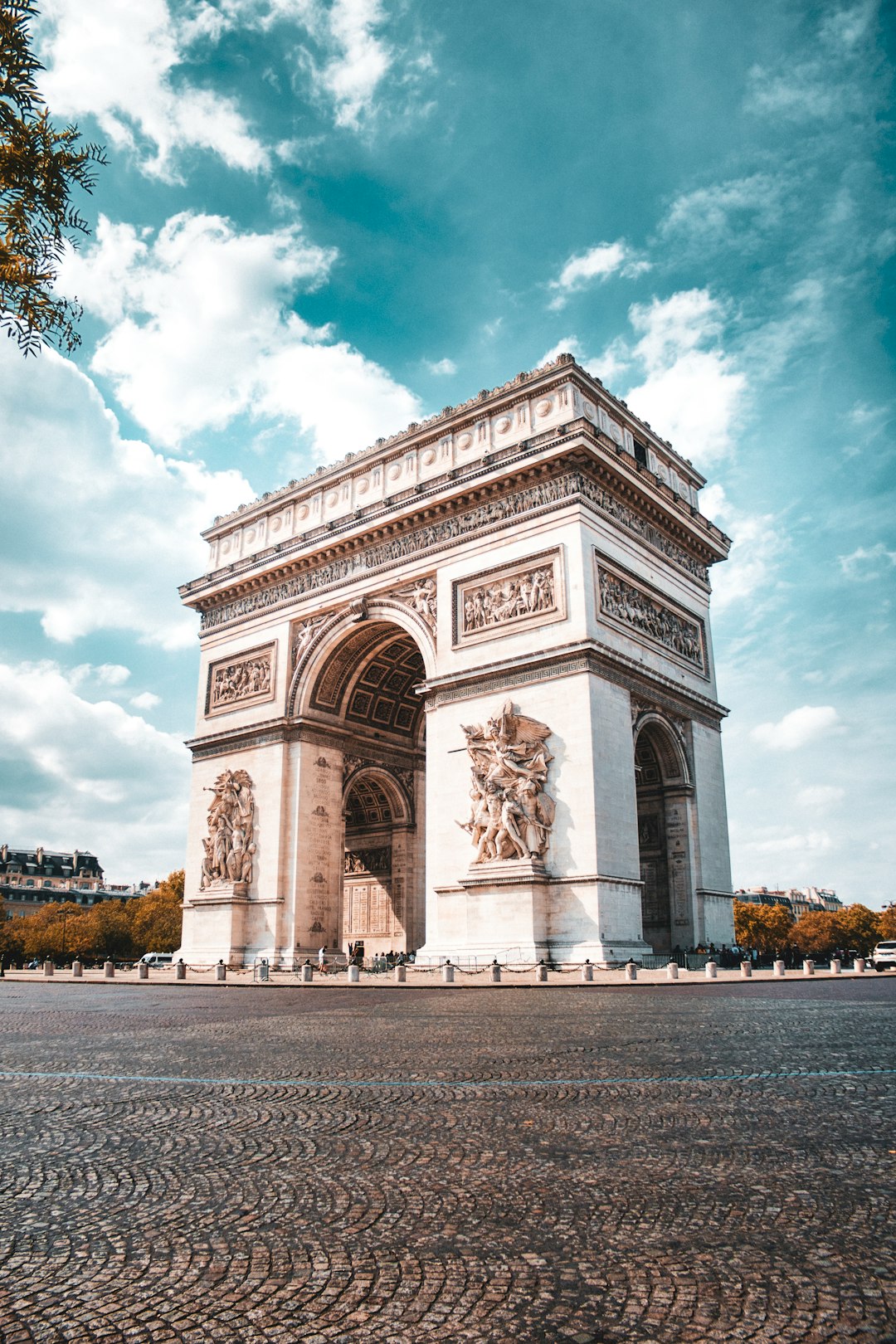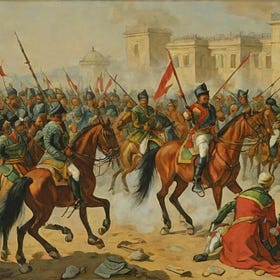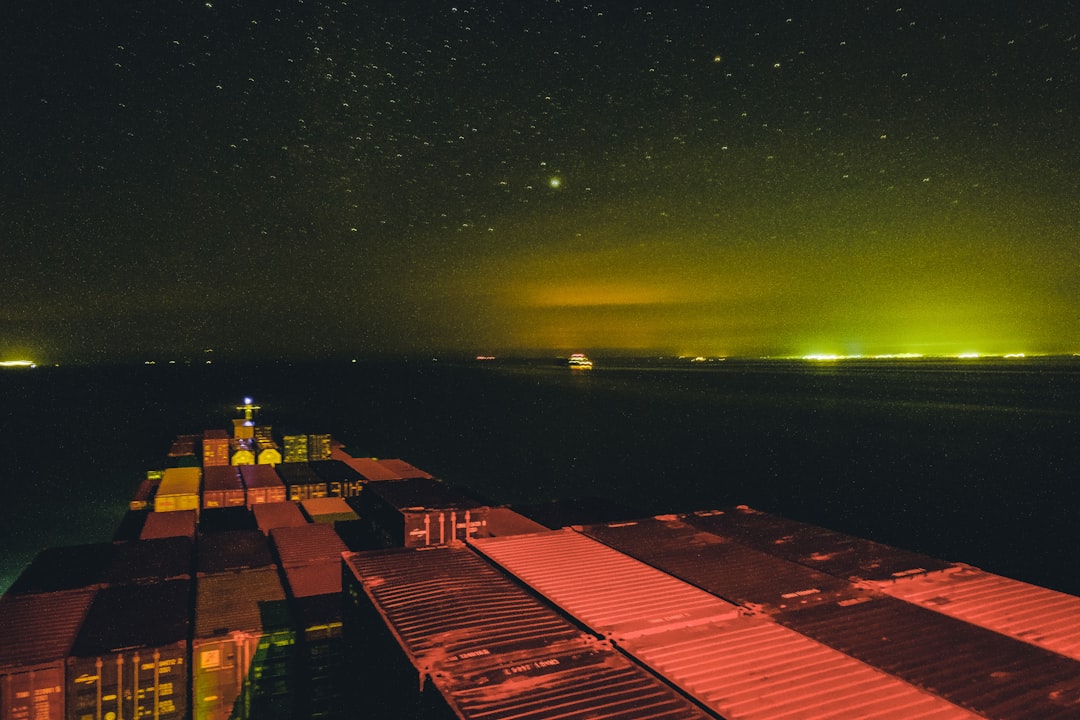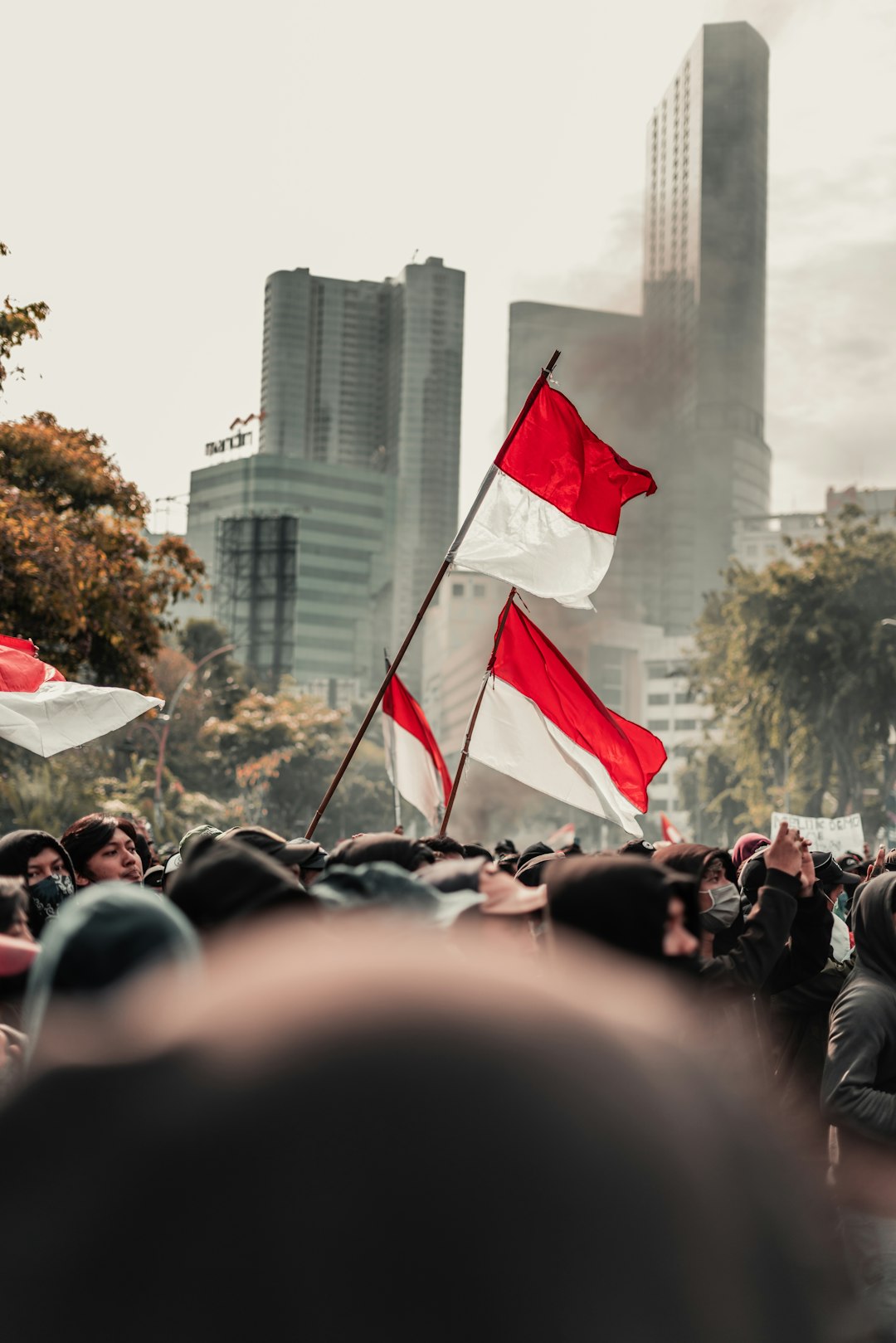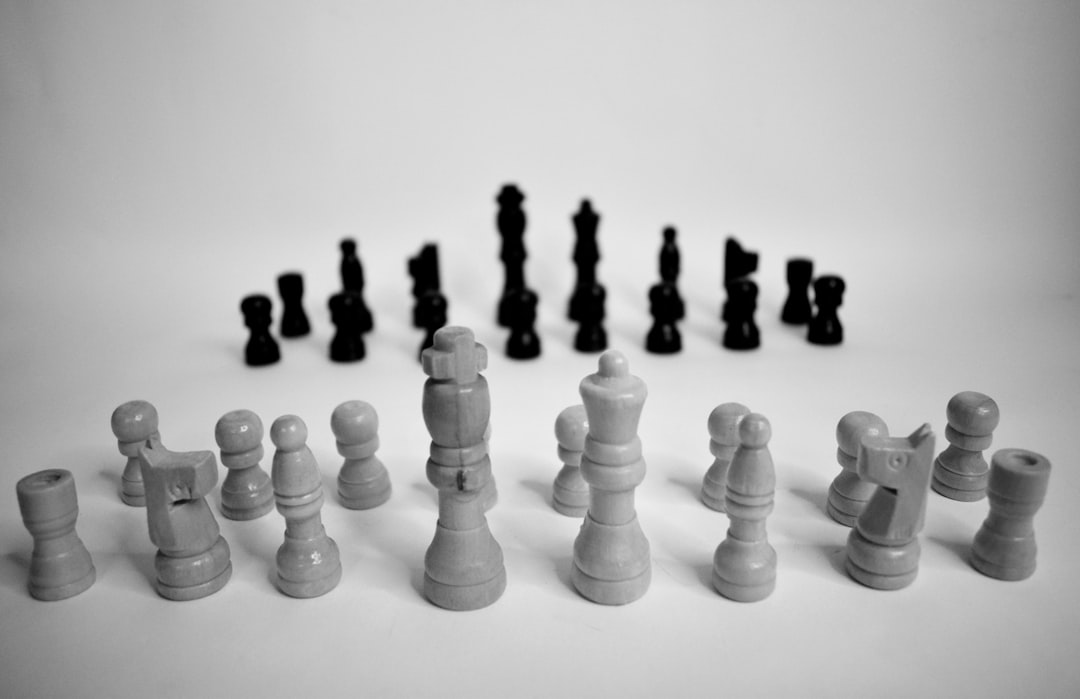Russia
Russia's Current Geopolitics:
In history, Russia has always won wars with people. It finds itself at war with Ukraine now, one of the former Soviet Union states. Will it continue to throw people at the problem until it goes away? If it does, how will its already damaged population demographics lead it to geopolitical uncertainty?
The Russia and Ukraine war is happening from a Russian point of view because of NATO. The North Atlantic Treaty Organisation was created post-World War Two, with the exact goal of limiting the rise of the Soviet Union to challenge the United States. Typical rising power versus ruling power dynamics. Try to suffocate or patiently wait out the rising power until the characteristics of their country no longer classify it as a rising power. This is exactly what the United States-led order did during the Cold War. The US, Russia, and China have used proxy wars up until 2022 to fight geopolitical battles in regions such as Afghanistan and Syria. In 2022, that has changed. We have seen a major geopolitical player embroiled in a war in mainland Europe again.
After the collapse of the Soviet Union, the region was in disarray. It was split into 15 states. Although Russia no longer controlled the territory of these other states, they were still a regional geopolitical leader, and it heavily influenced the area. However, this influence dropped in some areas and allowed NATO to advance. The Baltics were all admitted to NATO, and whisperings about Ukraine wanting to join caused Russian aggression. The countries share nearly a 2000km land border, so NATO troops (and US troops) existing along this border would create massive levels of tension.
The Ukrainian oblasts of Luhansk and Donetsk wanted breakaway status from Ukraine. Russian-supported separatists engaged in the War in Donbas in 2014. In the end, this led to the Russian annexation of the Crimean peninsula. Referendums were held in 2014, and after the invasion in 2022. The validity of both has not been accepted by any other world government. During the Russia-Ukraine war, at the time of writing, both regions have been annexed by Russian forces, officially occurring on September 30th, 2022.
This is a key aspect of Russian geopolitics. Most of their ports become inaccessible in the winter as they freeze. Russia needs access to the Black Sea to have more platforms from which to launch its energy trade, or to defend itself with a navy.
Putin has openly stated that the fall of the Soviet Union was one of the worst events in recent Russian history. From a Russian geopolitical point of view, it is difficult to argue this point. They lost influence in the former Soviet region and lost that influence on an organisation (NATO) that was built purely to oppose Russia. This is why Russia cannot join NATO, or the two ever work together. The entire reason for the creation of NATO was to limit Russian geopolitical power. So Russia had to invade Ukraine from their point of view because if Ukraine was admitted to NATO, then they wouldn’t have the choice without invoking NATO’s article 5. This would lead to every NATO member attacking Russia. Or countries in NATO leaving to not be a part of the article 5 attack. It’s a deterrent for attacking any NATO member state, but many NATO member states wouldn’t fight for others. An example is Turkey, which is a member of NATO, but also friendly with Russia. Is Turkey trying to play both geopolitical sides? Regardless, it is a question we have to consider, should article 5 ever come to be activated?
Russia’s key geopolitical goal is always to maximise distance from its capital to its borders. The climate in Russia in winter is cold. Very cold. So if the Russians have a distance to their capital and can see out any conflict during summer, they have the upper hand in the winter. Conditions make it difficult for attacking army logistics to flow without issues, such as food, water, weaponry, and oil for vehicles. In World War Two, the Russians didn’t fall to the Nazis even as they were outside the gates of Moscow. This is a clear example that Russia needs distance from its capital to succeed as a geopolitical power.
Without distance, they have no defence. That’s why they don’t want Finland, Sweden, or Ukraine to join NATO. The distance to Moscow will be less, and more force will be stationed directly on the border. This might not cause direct war, but it puts Russia in a powerless position that knows it can’t win. There’s a quote about poking an angry bear. What about an angry bear with nukes?
One other aspect to consider in the Russia-NATO story is Moldova. Moldova isn’t a NATO member and depending on the end of the Russia-Ukraine conflict, Moldova would be the last roadblock between Russia and NATO being at each other’s borders in an even greater capacity. This is why the west is providing Ukraine with so much weaponry, equipment, and military funding. They want to avoid this happening. If Russia did continue to try to advance towards NATO territory, they would come across a rather angry, and strengthening Poland. In history, Poland has been stuck between a rock and a hard place with Germany and Russia at either side. But now, Poland is in a position to show their own strength and influence. This time they will tell a different geopolitical story. They have strong military alliances with South Korea and the United States to receive military equipment for years to come. Based on how Russia started the war in Ukraine, if Poland and Russia found themselves at odds, Poland would be a tough challenge. That is without considering the rest of NATO.
If we go above the systems of the world, borders are a human-created ideology. And look at all the tensions and wars it causes. States want to break away from powers who rule over them. Countries don’t want to be influenced by others around them. Other countries want to consolidate the power they already have. Our differences separate us and contribute to the entire reason that geopolitics even exists. Russia is, and always has been a key geopolitical player. And their differences from other capitalist, western systems are one of the key drivers of tensions.
In retaliation for the Russian invasion, the west threw sanctions at Russia. The west aimed to sanction Russia’s energy industry by reducing and then completely banning the import of Russian energy goods. This has led to the sped-up process of Russia pivoting to the East and Asia. Specifically, the Chinese-run system. And it’s a match made in heaven. The Chinese are the biggest world consumer. In historical geopolitics, China’s struggles have been food and energy for its entire population. With the Russian wheat belt and large energy industry, this is something Russia can supply China. The partnership benefits both Russia and China. Russia is also trading more with India which will soon have the world’s largest population. The demand for Russian energy is still very much there in the east. The role of the leader of the energy industry in a country is to supply enough energy for the nation to function normally. Russian energy is cheap, and Asia is taking advantage of this.
The most important event of the sanctions put on Russia was the US confiscating Russia’s foreign exchange reserves held in dollars. This affected the entire geopolitical world. Upset the US and essentially have your money stolen. The implied probability of a Russian debt default within 5 years is 100%. The world system runs on dollars so not having access to the dollar market can be crippling for a nation.
This contributed to many countries realising the dollar has too much power. And so other countries will pivot away from holding dollars. Watch the amount of foreign-held dollars drop over the coming years. The US will have less global influence. Russia will feel pain due to the dollar confiscation. But US influence over Russia has dropped sharply.
Russia’s pivot to China made sense. Both are members of BRICS, as well as India. BRICS offers an alternative to the US-based world order, and many countries have shown an interest in wanting to be a part of this new system. As BRICS and NATO both grow in size, does this add to a greater risk of escalation? As both groups grow, the chance of one country doing something reckless grows. And bigger alliances contribute to bigger wars. Look at both World Wars. There are now other ways that wars can be fought. Russia can be a part of them all. Space wars, infrastructure wars, and cyber wars. Russia is part of the new space race. The race to put space bases on the moon, or to get to Mars. They are also victims of the Nord Stream pipeline attacks earlier in 2022 but have been accused of their own attacks. Finally, Russia is well known for its cyber attacks. Some members of Russia’s Wagner group even admitted to tampering with the previous US elections, especially in 2016 and 2020.
All this has been about Russia and its geopolitical struggles with external countries. What about Russia internally? Will it find a way to end itself? Its demographics are ageing, and the young population is being used in war. Population decline is already happening in Russia, as well as in other countries around the world. Does population decline put less strain on global supply chains and commodities demand, which Russia might struggle to be a large part of now? If Russia can somehow navigate their ageing, declining population, it will have political tension to contest. Russian citizens are fleeing Russia to avoid taking part in the Ukraine war or to find a better life for themselves and their families. From an outside view, many citizens would rather leave than stay, and while the war continues, this trend will continue.
One potential opportunity for Russia will come in this decade of geopolitical tension. The long-term debt cycle is reaching the end game, and the field of geopolitics is being drawn up. The last cycle began at the end of World War Two. As cycles reach an end and global systems are challenged, there is a grab for power and influence. Those who lost power in the past wish to regain it. Those who have power now wish to maintain it. The current geopolitical tension comes coupled with grabs for power, and Russia finds itself in the centre of the geopolitical game, playing for influence and power. The question is if they will find it before ruining themselves.
Blogs on Russia:
Geopolitics and Markets Review - 22nd April 2024
Contents Introduction Wallachian Revolution of 1848 Herzegovina Uprising (1852-1862) and War With Montenegro (1852-1853, 1858-1859, 1862) Cretan Uprising (1866) The Herzegovinian Uprising (1875) Bulgarian Uprising and Batak Massacre (1876) Wars Outside Ottoman Borders
Geopolitics and Markets Review – 15th April 2024
Contents Introduction The First and Second Serbian Uprising The Wallachian Uprising of 1821 The Rebirth of Greece – Greek War of Independence – Treaty of Adrianople Albanian National Awakening (1830-1839) Bosnian Uprisings (1831-1833, 1834, 1836) Other Wars Outside Ottoman Territory
Geopolitics and Markets Review – 8th April 2024
Contents Introduction Russo-Turkish War of 1806-1812 French Invasion of Russia War of the Sixth Coalition The End of Napoleon Concluding Remarks
Geopolitics and Markets Review – 1st April 2024
Contents Introduction The Napoleonic Age – French Revolutionary Wars Napoleonic Wars War of the Third Coalition War of the Fourth Coalition War of the Fifth Coalition Concluding Remarks
Geopolitics and Markets Review – 25th March 2024
Contents Introduction Loss of Hungary – Great Turkish War Russo-Ottoman Wars and The Great Northern War Ottoman-Venetian War (1714-1718) and Austro-Turkish War (1716-1718) Ottomans Against The World Concluding Remarks Other News
Geopolitics and Markets Review – 22nd January 2024
Contents 1) Introduction 2) Other Key Trends In 2024 3) Concluding Remarks 4) Other News
Geopolitics and Markets Review – 8th January 2024
Contents Introduction Key Elections - Russia, India, Indonesia Concluding Remarks Other News
The Global Questions Series - Number 1: The Russia-Ukraine War - Part 2
Contents Introduction Territory – Why Russia Still Fights For It? Poland, The Baltics, Belarus, and The Suwalki Gap Not Another Russian Coup! Prigozhin’s Days Were Numbered East and West Ukraine – The Problems The Russia-Ukraine Paradoxes – What Can’t Be Solved?
Global Questions Series – Number 1: The Russia-Ukraine War - Part 1
Where Have We Been? The city of Kyiv has a long and deep cultural history. Its founding year is debated to be 482. The Golden Age of Kyiv began in the 10th-12th century as a part of Kievan Rus, a region of which Kyiv was the capital. The Dneiper River, like most major cities of the past, provided transport, faster trade movement, and water for irrigation, agriculture, and drinking. Hence Kyiv was one of the cities that thrived during this period and had the conditions to be the location of a great city.
Geopolitics and Markets Review – 28th February 2023
Russia’s START Treaty Suspension The Strategic Arms Reduction Treaty has been a key piece of diplomacy between the United States and Russia since it was first signed in 1991. START ׀ (Signed 31 July 1991, Expired 5 December 2009) detailed that any member couldn’t deploy more than 6000 nuclear warheads and no more than 1600 ICBMs (Intercontinental Ballisti…
Geopolitics and Markets Review – 20th February 2023
Nord Stream Investigation Blown Open, Just Like The Pipeline When the Nord Stream pipelines between Russia and Germany were sabotaged and blown up last September, it was debated who did it. At the time, I believed this was pointless. Whoever did it would have covered their tracks well enough such that it wouldn’t have been discovered. In the short term.
NATO Article 4 Invoked by Poland and Misinformation in Russia-Ukraine War
Communication and Invoking Article 4: Last week, the world was a nicer place than it is this week. We’ve had weapons from Ukrainian territory spread into Poland from the fallout of the Russia-Ukraine war. This led to the question of whodunnit. The mainstream media here in the UK seem hellbent on causing war by spreading misinformation.
Military Alliances Exist For Global Peace, But They Cause Global War:
Military alliances are created in the name of peace. Everything they do is in the name of peace. But they actually bring conflict. A military alliance is defined as “a formal agreement between nations concerning national security”. But, military alliances are the main cause of global conflict.
The Winter War: How Finland Dealt With The Soviets
In November 1939, the Soviet Union invaded Finland in what is known as the Winter War. In this situation, the underdog won (or did they?). Here’s how Finland dealt with the Soviets, and how it can be applied in Ukraine today.Thanks for reading Geopolitics and Markets Review! Subscribe for free to receive new posts and support my work.
11 key border disputes and tensions in our geopolitical world:
1) Armenia and Azerbaijan A few weeks ago, Nancy Pelosi visited Armenia to show support, while Turkey is a key vocal ally of Azerbaijan. The Nagorno-Karabakh region is recognised as Azerbaijan land, but the majority of the population is Armenian. After the collapse of the Soviet Union, the region declared independence and a year-long war followed. At its…
Geopolitical Factors Deciding The Global World Order
1) Size and Location: Larger countries leave more land to be utilized, for growing food or infrastructure development for example. Having access to coastlines gives countries access to ports and shipping to transport goods. Countries also like to have natural borders, such as mountains to defend against other countries. This ties into the Russia-Ukraine…
Was the Russia & Ukraine conflict inevitable?
Russia’s current invasion of Ukraine is one of the most covered topics in the news. Many know about Crimea, but before this, there was the Russian and Georgian five-day conflict of 2008. Here is how it unfolded and why the Ukrainian conflict was predicted.
Data on Russia


















